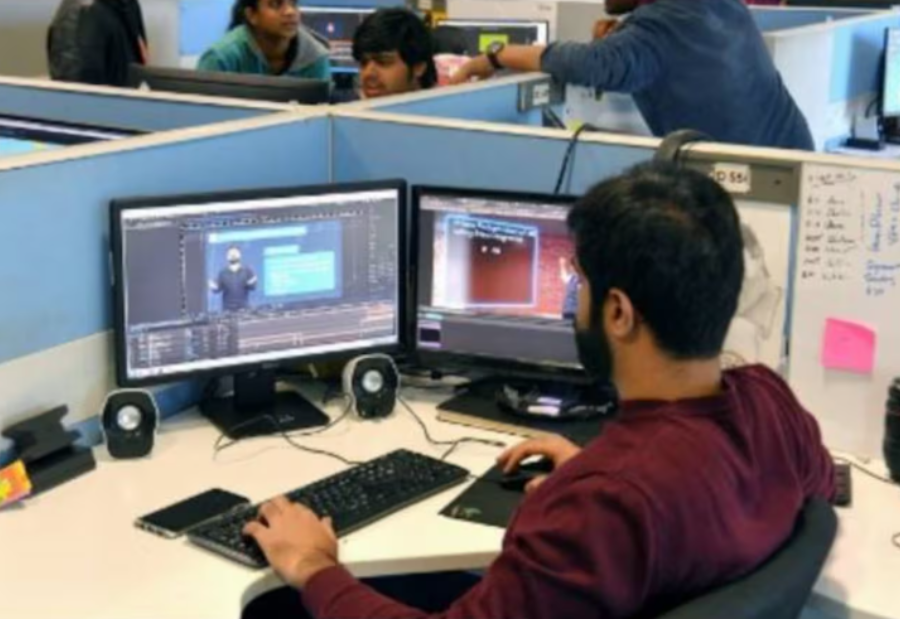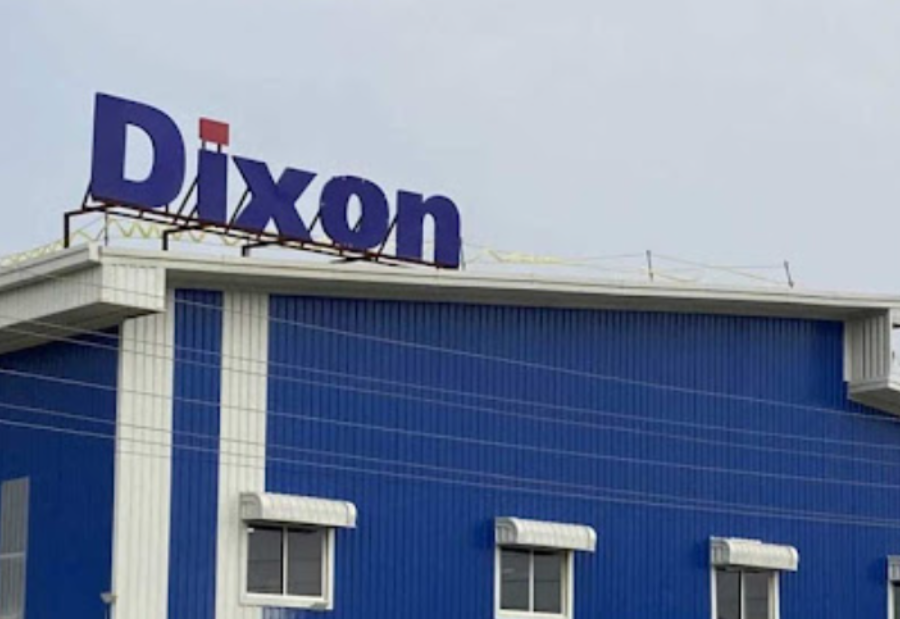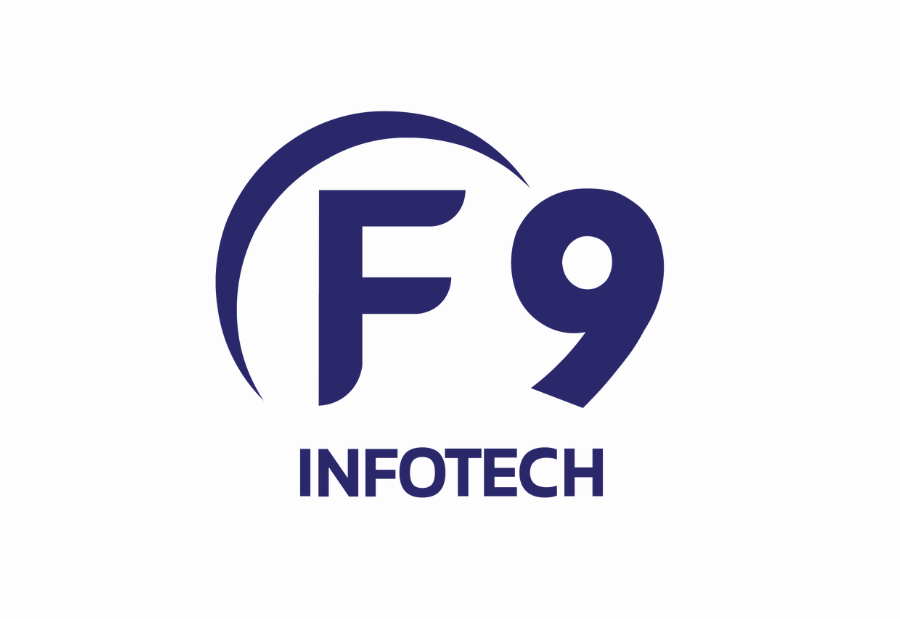Indian IT industry long admired for its innovation and scale, is now confronting a new challenge — delivering more for less. Amid increasing global turbulence, technology service providers are being nudged away from growth-centric strategies and toward a laser focus on cost optimisation and efficiency.
This week, the signs of stress became louder, as shares of Infosys and HCLTech dropped nearly 4%, mirroring a similar decline for global giants Cognizant (4%) and Accenture (2%) on the Nasdaq. The broader IT index, burdened by market volatility and investor caution, has already shed close to 20% in 2024, signaling deeper concerns across the digital ecosystem.
At the heart of the storm lies the United States, which contributes over half of India’s IT revenues. But uncertainties loom large. The return of tariff talks and the possibility of reciprocal trade barriers—partly fueled by former President Donald Trump’s policies—are dimming hopes of a rebound in tech budgets and discretionary spends.
A recent note by Incred Equities underscored the mounting caution. “This implies vendors need to optimize existing projects to fund discretionary/AI or AI-led data projects,” it said, painting a picture of shrinking budgets being rechanneled into high-priority innovations, particularly around AI.
Phil Fersht, CEO of US-based HfS Research, in conversation with a news outlet, didn’t mince words. “Indian IT services and advisory firms will need to act quickly to address these consumer impacts by getting into war room footing with companies to seek out where manufacturing and imports that are tariffed less can be moved.” His outlook highlights the urgency for Indian IT players to evolve — moving away from broad innovation strategies and toward rigorous cost control and workforce realignment.
“There will be no free trade zones. This won’t withstand the changing economics of this new world order,” he added. “But it may allow savvy firms to help their customers shore up contracts and services needed to deliver goods as they lean out their operations.”
Adding to the perspective, Peter Bendor-Samuel, founder of Everest Group, pointed to the wider consequences of tariff uncertainty. “This in turn is affecting discretionary IT spending which is affecting growth,” he noted, while advising a pivot toward non-US markets and strategic cost-saving approaches as prudent ways forward.
As the global business landscape undergoes a transformation, Indian IT majors must not only rethink their delivery models but also re-establish their value in a world increasingly driven by discipline over disruption.
Indian IT must embrace agility and efficiency to stay competitive. As companies prioritize value-driven partnerships over expansive innovation, Indian IT has a crucial opportunity to redefine its relevance by delivering smarter, leaner, and more impactful solutions.
Also read: Viksit Workforce for a Viksit Bharat
Do Follow: The Mainstream formerly known as CIO News LinkedIn Account | The Mainstream formerly known as CIO News Facebook | The Mainstream formerly known as CIO News Youtube | The Mainstream formerly known as CIO News Twitter |The Mainstream formerly known as CIO News Whatsapp Channel | The Mainstream formerly known as CIO News Instagram
About us:
The Mainstream formerly known as CIO News is a premier platform dedicated to delivering latest news, updates, and insights from the tech industry. With its strong foundation of intellectual property and thought leadership, the platform is well-positioned to stay ahead of the curve and lead conversations about how technology shapes our world. From its early days as CIO News to its rebranding as The Mainstream on November 28, 2024, it has been expanding its global reach, targeting key markets in the Middle East & Africa, ASEAN, the USA, and the UK. The Mainstream is a vision to put technology at the center of every conversation, inspiring professionals and organizations to embrace the future of tech.




